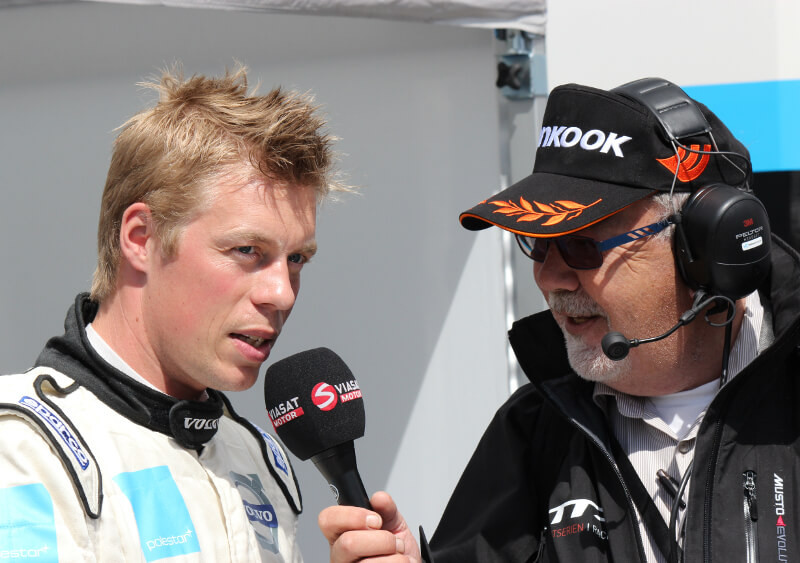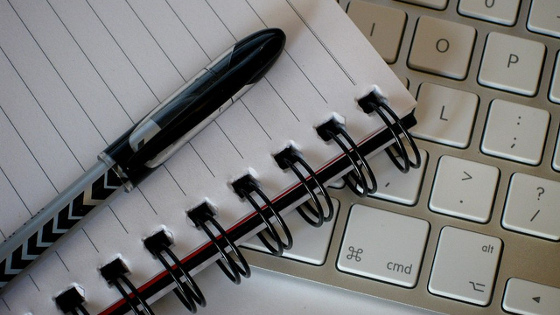Interviewing a multi-sport athlete
At the end of this mission you should be able to ask questions in an interview and produce a video.
We will work on speaking and writing skills.
This mission will take us four lessons, so you can work calmly but please do not stop focusing on your final aim: creating a video clip with an interview. You will work in pairs, one of you would be the interviewer, who has to prepare the questions and the other one, the interviewee, will play the role of the athlete, who has to prepare the answers. All the videos will be uploaded to Youtube. With all of them the teacher will create a playlist.
You will work in groups of three (two journalists: camera and interviewer and the other one will play the role of the athlete). To make it easier you have to follow the steps below:
- Let’s look for information about an athlete (it will be great if you go back onto the previous mission and use this information).
- Write the script of your interview.
- Introduction (brief introduction of the character).
- Questions and answers.
- Farewell.
- Your teacher will check if the script is correct.
- Start recording the video. It would be amazing if you dressed up like an interviewer and the chosen athlete.
- When you finish you have to upload the video to Youtube. Once you have your video on the net, you will have the opportunity to spread the word. You will send the video to your classmates, teachers or relatives. We will also give you the chance to use Twitter. Let's have a look at the following section: Organizing and Sharing.
Topics for your interview:
We have learnt lots of new things about sport life along this project. Now it would be the perfect moment to use it in the interview. Here we recommend you some questions to talk about:
- Did the athlete practise any other sport before?
- Does the athlete usually practise any other sport?
- What healthy habits does the athlete have?
- How does the athlete work out?
- Try to compare the athlete with other sportsman or sportswoman.
The assessment documents 'Rubric for an interview' and 'Rubric for a video assignment' will help you know how to do a great job.
You will use the online tool WeVideo to create, edit and publish your final outcome. If you know any other tool for the same purpose and would rather use that, you are more than welcome!


